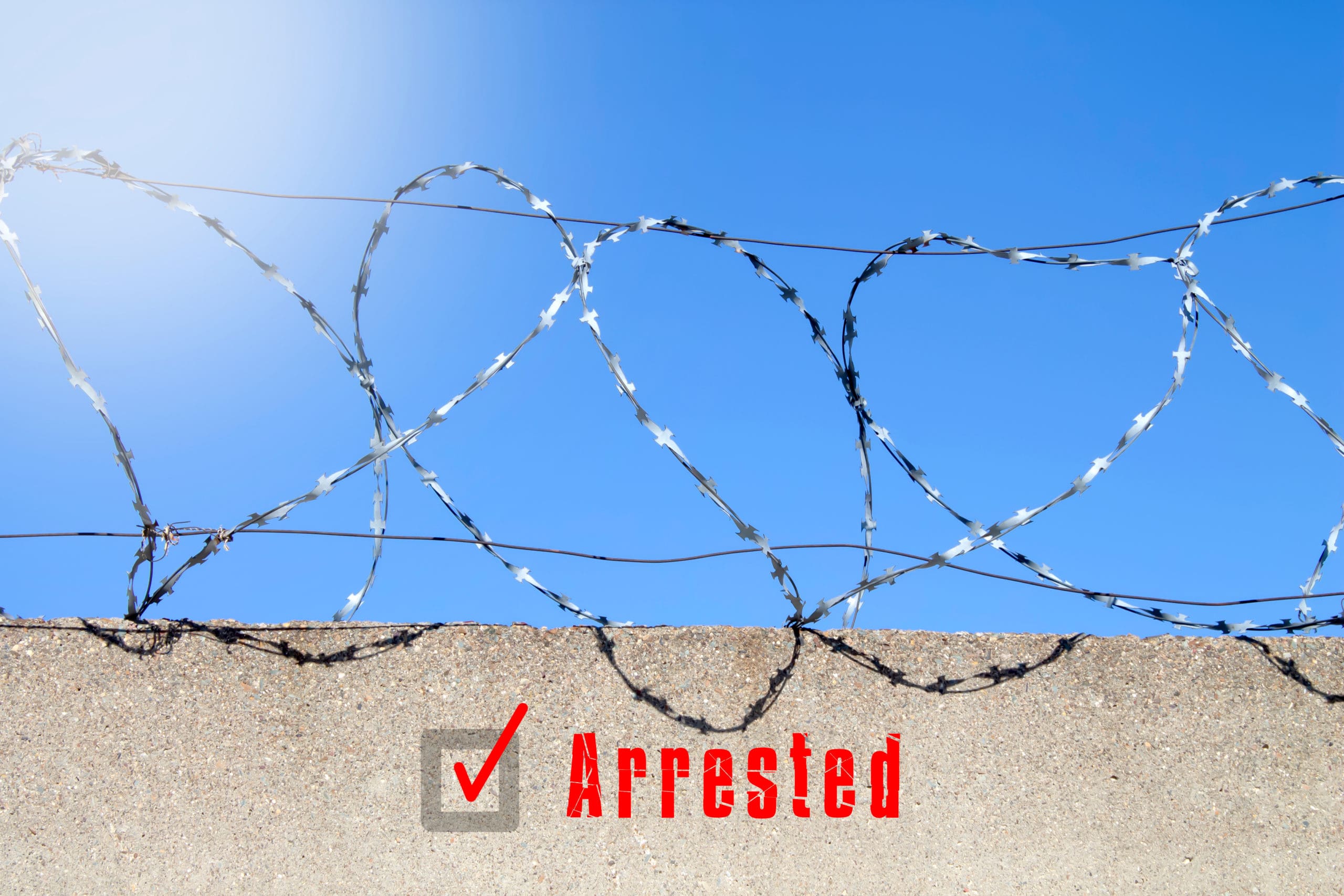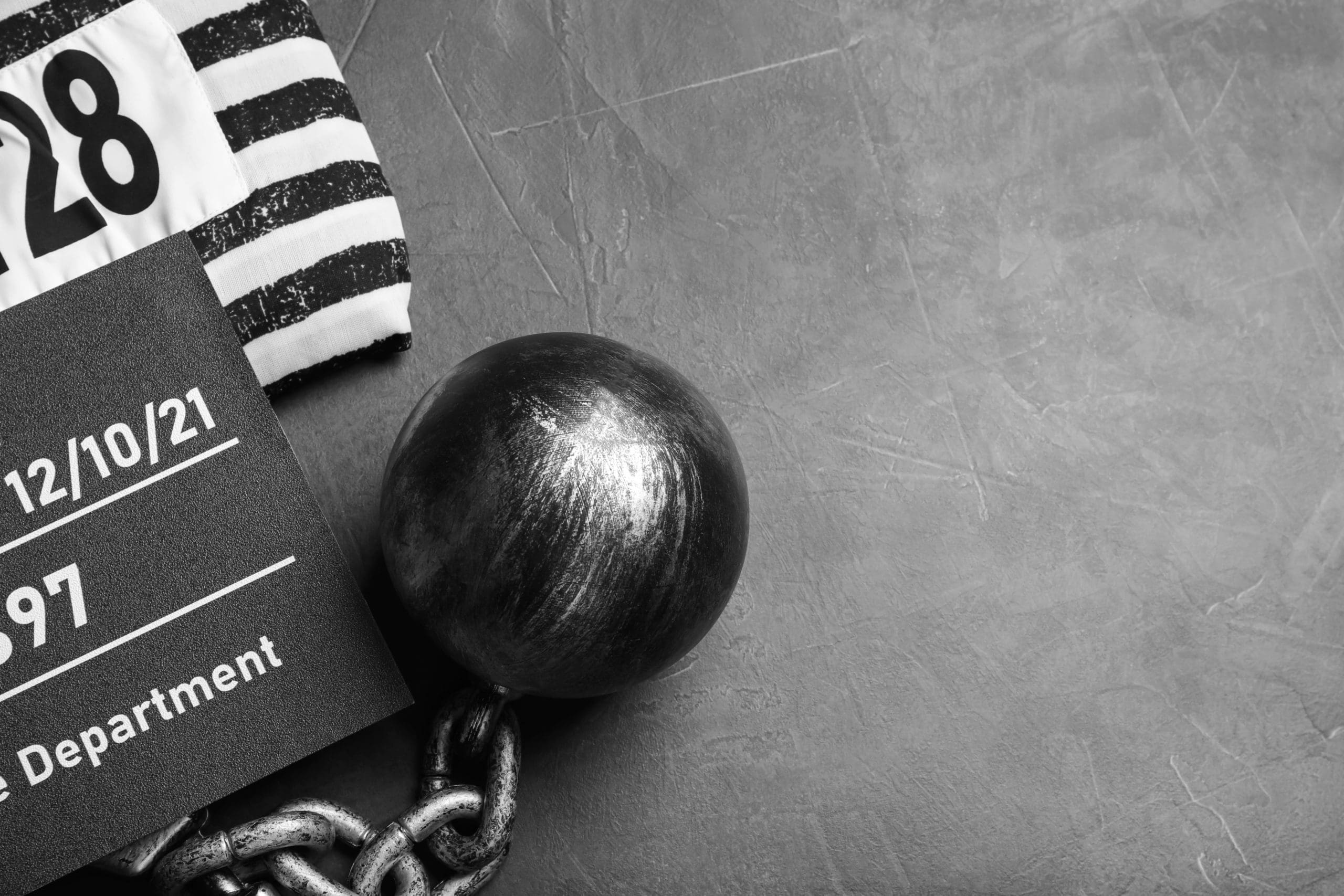Arrests.org: How Can I Remove My Arrest Record?

Have you found your arrest record on Arrests.org and wondering how to get it removed?
In this guide, we will explore what Arrests.org is, why your arrest record may be on the site, and how you can find and potentially remove it.
We will also discuss the consequences of having your arrest record online, the steps to remove it, and the legalities surrounding the process.
Learn about alternatives to removal and how to protect yourself in the future.
Key Takeaways:
- Removing your arrest record from Arrests.org is possible, but it requires specific steps and legal processes.
- Alternatives to removing your arrest record include expungement, sealing of records, and obtaining a certificate of actual innocence.
- Protect yourself from having your arrest record on Arrests.org by avoiding arrest, keeping personal information private, and seeking legal help.
What Is Arrests.org?
Arrests.org is a website that provides public access to arrest records, allowing users to view mugshots and booking information.
The arrests.org platform serves as a valuable resource for individuals seeking transparency and accountability within the criminal justice system. By compiling data from various law enforcement agencies, Arrests.org offers a centralized hub for accessing up-to-date information on arrests across different regions. Users can easily search for records of interest, including details such as arrest dates, charges, and bond amounts. To promote open access to public records, Arrests.org facilitates the dissemination of vital information that gives the power tos individuals to stay informed about legal proceedings and incidents within their communities.
Why Is My Arrest Record on Arrests.org?
Your arrest record may appear on Arrests.org due to public access laws that allow law enforcement agencies to release such information for transparency and safety reasons.
Arrest records are typically considered public information, giving individuals access to records of arrests, charges, and convictions. This transparency not only keeps the public informed about recent arrests and criminal activities in their communities but also acts as a deterrent for potential offenders. Law enforcement agencies often publish these records to maintain accountability and build trust with the community.
The public disclosure of arrest records serves as a safeguard against potential threats. By making this information accessible, individuals can be aware of any concerning behavior or criminal history of others, aiding in making informed decisions related to safety and security.
How Can I Find My Arrest Record on Arrests.org?
To locate and search your arrest record on Arrests.org, you can utilize the search function on the website and filter results by date to find recent arrests.
Once you access the Arrests.org website, simply navigate to the search bar and input your name or relevant details. You can narrow down the search results by selecting filters, such as location, date of birth, or type of crime. This helps in refining the information displayed to focus specifically on recent arrests matching your criteria. The website regularly updates its database to ensure users have access to the most current arrest records available, providing a comprehensive overview of recent law enforcement activities.
What Are the Consequences of Having My Arrest Record on Arrests.org?
Having your arrest record on Arrests.org can lead to potential negative impacts on employment opportunities, personal reputation, and background checks.
Employment prospects may be significantly hindered as many employers conduct thorough background checks, and seeing an arrest record on Arrests.org could cause distrust or reluctance to hire. Your reputation may suffer, as friends, family, and even strangers can easily access this information online, leading to potential judgment or stigma. Background checks and screenings for housing, volunteer opportunities, or even educational programs might be affected, as organizations increasingly rely on online databases like Arrests.org for applicant evaluation.
Can I Remove My Arrest Record from Arrests.org?
Users can request the removal of their arrest record from Arrests.org, subject to certain guidelines and procedures.
When an individual wishes to have their arrest record removed from Arrests.org, the process typically involves submitting a formal request directly to the website’s administration team. The user is usually required to provide valid identification along with a detailed explanation of the reasons for the removal request. Upon receiving the request, the platform’s team will initiate a thorough verification process to ensure the legitimacy of the claim. Users need to adhere to the specified requirements and ensure clarity in their communication to facilitate a smooth removal process.
What Are the Steps to Remove My Arrest Record from Arrests.org?
To remove your arrest record from Arrests.org, you need to submit a formal data removal request, provide necessary identification and supporting documentation, and adhere to the platform’s guidelines.
The first step involves navigating to the Arrests.org website and locating the ‘Removal Request’ section. Once there, you will be required to fill out a detailed form with personal information and the specifics of booking information from the arrest record you wish to have removed.
Next, you must upload scanned copies of your identification documents, such as a driver’s license or passport, and any relevant legal paperwork supporting your removal request.
It is crucial to ensure that all submitted documentation is clear, legible, and valid, as incomplete or false information may lead to the rejection of your removal request.
Review the platform’s policies regarding removal requests to understand the timelines, process, and any additional requirements that need to be met for a successful removal of your arrest record.
Is It Possible to Have My Arrest Record Removed Automatically?
Automatic removal of arrest records from Arrests.org is not supported, and users must actively engage in the removal process by following the designated procedures.
Upon discovering their arrest records on Arrests.org, individuals are responsible for taking the necessary steps to request the removal of such information. The platform does not facilitate the spontaneous deletion of arrest records, necessitating users to initiate the removal process. This manual approach ensures that individuals have control over their data and proceedings related to their arrest history.
Understandably, concerns may arise regarding the permanence of the data; however, by users actively pursuing removal, they can mitigate any potential negative impact of their arrest records being available online.
What Are the Alternatives to Removing My Arrest Record from Arrests.org?
Along with removal requests, alternatives for addressing arrest records on Arrests.org include legal processes such as expungement, record sealing, and obtaining a Certificate of Actual Innocence.
Expungement refers to the process of legally erasing or sealing an arrest or conviction record, essentially making it as if the arrest never occurred. This option is available to individuals who meet specific criteria, such as having completed their sentence or probation.
Record sealing involves restricting access to the arrest record, typically making it inaccessible to the public, while Innocence Certificates are issued to individuals who have been wrongfully accused and later exonerated.
Each of these methods requires navigating through legal procedures and eligibility requirements, but they offer individuals the opportunity to move forward without the burden of a public arrest record.
Expungement
Expungement is a legal process that allows for the removal of certain arrest records from public view, providing individuals with a clean slate by erasing past arrests and offenses.
This legal remedy is a crucial step for those seeking to move forward from their past mistakes and rebuild their lives. By expunging records, individuals can avoid the harmful consequences of having a criminal record, such as difficulties in securing employment, housing, or educational opportunities. Eligibility for expungement varies depending on the jurisdiction and the specific offense, generally focusing on minor offenses or first-time offenders who have completed their sentence and demonstrated good behavior.
Sealing of Records
Sealing of records involves restricting public access to certain arrest records, safeguarding individual privacy, and limiting public visibility of past legal involvements.
This process typically occurs through a legal procedure where certain arrest records are hidden from public view, shielding individuals from the potential consequences of their past legal troubles. By sealing records, individuals can move forward without the fear of their past hindering their opportunities for employment, education, or housing. Sealed criminal records may not show up on standard background checks, providing a fresh start for those who have taken steps to rectify past mistakes.
Obtaining a Certificate of Actual Innocence
Acquiring a Certificate of Actual Innocence signifies legal exoneration and the acknowledgment of innocence regarding past arrest charges, providing individuals with formal validation of their innocence.
Such a certificate is not easily obtained and typically requires a rigorous legal process involving court hearings, document reviews, and witness statements. This meticulous procedure is paramount to ensure that only those wrongfully accused and truly innocent receive the clearance they deserve.
The Certificate of Actual Innocence holds immense weight in the eyes of the various law enforcement,, as it invalidates any prior arrests or convictions related to the case, effectively wiping any blemish from the individual’s record. This legal purification restores dignity, rights, and opportunities to those who have faced wrongful allegations, granting them a fresh start without the burden of past accusations.
What Are the Legalities Surrounding Removal of Arrest Records from Arrests.org?
The removal of public arrest records from Arrests.org is subject to legal considerations regarding public access to records, individual privacy rights, and the platform’s policies on data management.
Understanding the intricacies of the legal framework surrounding the removal of arrest records from Arrests.org is crucial for both the platform and individuals seeking to have their records expunged. Public record laws play a significant role in determining the accessibility of such information, with a balancing act between transparency and individual rights. Stringent privacy regulations dictate how personal data should be handled, ensuring that sensitive information is adequately protected. Arrests.org has its specific guidelines on data management, mirroring the broader legal landscape and underscoring the importance of maintaining a balance between public records access and privacy protection. Navigating these legal considerations is essential in the seamless removal of arrest records from such platforms.
How Can I Protect Myself from Having My Arrest Record on Arrests.org?
To safeguard against the presence of your arrest record on Arrests.org, consider strategies such as avoiding arrest, keeping personal information private, and seeking legal assistance when needed.
One crucial proactive measure is to be aware of your rights during encounters with law enforcement and to handle any situation calmly and respectfully.
Legal compliance should always be a top priority to minimize potential legal consequences.
Regularly monitor your online presence to catch any unauthorized disclosure of personal information that could lead to the exposure of your arrest record.
Seeking professional advice from a qualified attorney can provide valuable insights and guidance on legal matters, ensuring that your rights are protected and any legal issues are properly addressed.
When engaging with online platforms like Arrests.org, consider utilizing privacy settings and tools to safeguard your personal information and prevent any unauthorized sharing of your arrest record. By staying vigilant and proactive, you can take steps to prevent your arrest record from being exposed on public databases like Arrests.org.
Avoiding Arrest
Avoiding arrest is crucial to minimizing the risk of having your record displayed on Arrests.org, requiring adherence to legal regulations, responsible behavior, and compliance with law enforcement directives.
To stay clear of legal entanglements, it is essential to understand and respect the laws governing your actions. Engage in ethical conduct in all your dealings to avoid any suspicious activities that might attract the attention of law enforcement authorities. Being cooperative and transparent with the authorities can also play a vital role in preventing unnecessary legal troubles. It’s also advisable to seek legal advice whenever in doubt about the legality of your actions, ensuring that you stay on the right side of the law at all times.
Keeping Personal Information Private
Maintaining the confidentiality of personal data is essential in reducing the risk of exposure on Arrests.org, necessitating caution in sharing sensitive information online and offline.
One important practice in safeguarding privacy on Arrests.org is to regularly review and update privacy settings on social media platforms to control the visibility of personal information. Utilizing secure passwords, enabling two-factor authentication, and being wary of phishing attempts are crucial steps in fortifying digital defenses against data breaches. It’s also advisable to limit the amount of personal data shared on public profiles and to avoid oversharing personal details that could potentially be misused.
Seeking Legal Help
Engaging legal counsel can offer guidance and representation in managing arrest records on Arre sts.org, ensuring compliance with legal processes, and exploring options for record resolution.
Defense attorneys play a crucial role in examining the circumstances surrounding the arrest, protecting the individual’s rights, and formulating a strategic defense. They navigate the complex legal system, assess the evidence presented, and advocate for the best possible outcome. Legal procedures such as bail hearings, arraignments, and plea negotiations are expertly handled by attorneys, providing a comprehensive defense strategy.
Leveraging the expertise of defense attorneys can lead to potential record expungement or sealing, minimizing the long-term consequences of an arrest. Their advocacy strategies often involve negotiations with prosecutors, presenting compelling arguments in court, and safeguarding the client’s interests throughout the legal proceedings.





